
And if we’re playing by Republican rules, McCain’s “inconsistencies” should be a fairly serious problem.With this in mind, for the first time in months, I thought now would be a good time to update the list of John McCain’s Biggest Flip-Flops. There have been some key additions since the last time I did this (in November).
* McCain pledged in February 2008 that he would not, under any circumstances, raise taxes. Specifically, McCain if he were a “‘read my lips’ candidate, no new taxes, no matter what?” referring to George H.W. Bush’s 1988 pledge. “No new taxes,” McCain responded. Two weeks later, McCain said, “I’m not making a ‘read my lips’ statement, in that I will not raise taxes.”
* McCain’s campaign unveiled a Social Security policy that the senator would implement if elected, which did not include a Bush-like privatization scheme. In March 2008, McCain denounced his own campaign’s policy.
* In November 2007, McCain reversed his previous position on a long-term presence for U.S. troops in Iraq, arguing that the “nature of the society in Iraq” and the “religious aspects” of the country make it inevitable that the United States “eventually withdraws.”
* McCain used to champion the Law of the Sea convention, even volunteering to testify on the treaty’s behalf before a Senate committee. Now he opposes it.
* McCain was a co-sponsor of the DREAM Act, which would grant legal status to illegal immigrants’ kids who graduate from high school. Now he’s against it.
* On immigration policy in general, McCain announced in February 2008 that he would vote against his own legislation.
* In 2006, McCain sponsored legislation to require grassroots lobbying coalitions to reveal their financial donors. In 2007, after receiving “feedback” on the proposal, McCain told far-right activist groups that he opposes his own measure.
* McCain said before the war in Iraq, “We will win this conflict. We will win it easily.” Four years later, McCain said he knew all along that the war in Iraq war was “probably going to be long and hard and tough.”
* McCain said he was the “greatest critic” of Rumsfeld’s failed Iraq policy. In December 2003, McCain praised the same strategy as “a mission accomplished.” In March 2004, he said, “I’m confident we’re on the right course.” In December 2005, he said, “Overall, I think a year from now, we will have made a fair amount of progress if we stay the course.”
* McCain went from saying gay marriage should be allowed, to saying gay marriage shouldn’t be allowed.
* McCain criticized TV preacher Jerry Falwell as “an agent of intolerance” in 2002, but then decided to cozy up to the man who said Americans “deserved” the 9/11 attacks.
* On a related note, he said 2005 that he opposed the tax cuts because they were “too tilted to the wealthy.” By 2007, he denied ever having said this, and insisted he opposed the cuts because of increased government spending.
* In 2000, McCain accused Texas businessmen Sam and Charles Wyly of being corrupt, spending “dirty money” to help finance Bush’s presidential campaign. McCain not only filed a complaint against the Wylys for allegedly violating campaign finance law, he also lashed out at them publicly. In April, McCain reached out to the Wylys for support.
* McCain supported a major campaign-finance reform measure that bore his name. In June 2007, he abandoned his own legislation.
* McCain was against presidential candidates campaigning at Bob Jones University before he was for it.
* McCain decided in 2000 that he didn’t want anything to do with former Secretary of State Henry Kissinger, believing he “would taint the image of the ‘Straight Talk Express.’” Kissinger is now the Honorary Co-Chair for his presidential campaign in New York.
Now, it’s worth noting that there are worse qualities in a presidential candidate than changing one’s mind about a policy matter or two. McCain has been in Congress for decades; he’s bound to shift now and then on various controversies.
But therein lies the point — McCain was consistent on most of these issues, right up until he started running for president, at which point he conveniently abandoned practically every position he used to hold. The problem isn’t just the incessant flip-flops; it’s the shameless pandering and hollow convictions behind the incessant flip-flops.

























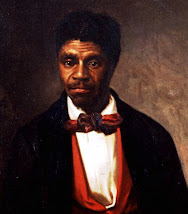

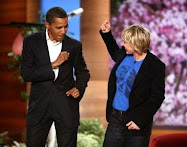
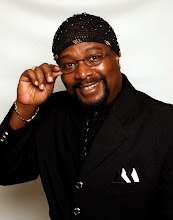








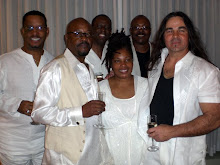

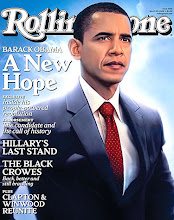






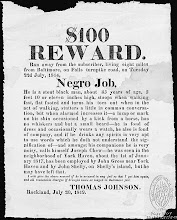


No comments:
Post a Comment